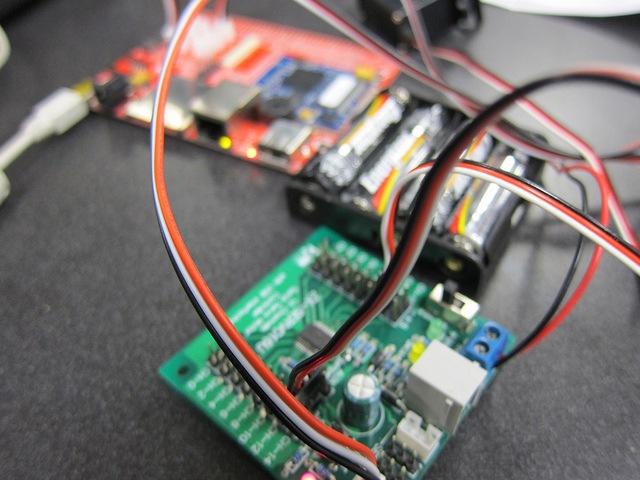
Many major electronics companies manufacture products in Malaysia, including Apple, Samsung and HP. That is a problem because poor working conditions in Malaysian electronics factories are all too common.
There are hundreds of thousands of foreign migrant workers in Malaysia. They come for a simple reason: to find work. Unfortunately, many end up working in bad conditions. As a report by Verite states, “The conditions faced by foreign electronics workers in Malaysia have the potential to result in forced labor.”
The conditions are so bad for many of the foreign workers that the U.S. Department of Labor put Malaysia on its official watch list for forced labor practices last December. That could potentially restrict the imports of electronic products into the U.S.
The Electronic Industry Citizenship Coalition (EICC), a nonprofit coalition concerned with supply chain responsibility, has a solution. The EICC recently announced the launch of a pilot program aiming to protect foreign migrant workers in electronics factories. The purpose of the program is to improve conditions in electronic factories by providing workers with effective ways to report issues.
The program is called Suara Kita, which means “Our Voice” in Malay, and will be piloted from September 2015 through December 2016 in Malaysia. The goal is for the program to eventually be rolled out globally.
One of the key elements of the program is a comprehensive worker survey that seeks to inform and establish a baseline to measure against. Other elements of the program include:
- A worker-management communication program, based on EICC training, specific to foreign migrant workers and their employers
- Worker education on effective grievance mechanisms
- The development and launch of a worker helpline to address issues that are not resolved at the factory level
"By improving communication in factories and enhancing worker grievance mechanisms, companies can identify and address issues in their supply chains more quickly," said Rob Lederer, executive director of the Electronic Industry Citizenship Coalition (EICC), in a statement. "Our ultimate goal with this program is to create better, safer environments for foreign migrant workers throughout the electronics industry."
Considering the severity of the problem, as the Verite report found, this pilot program is badly needed. Of all workers in the report’s study sample, 28 percent were in forced labor situations. However, the forced labor rate among foreign workers is slightly higher at 32 percent, or almost 1 in 3 foreign workers.
Hopefully, the EICC’s pilot program will be effective. None of us want the cell phones, tablets and laptops that make our modern way of life possible to be made from forced labor.
Image credit: Flickr/Paul Sobszak

Gina-Marie is a freelance writer and journalist armed with a degree in journalism, and a passion for social justice, including the environment and sustainability. She writes for various websites, and has made the 75+ Environmentalists to Follow list by Mashable.com.














